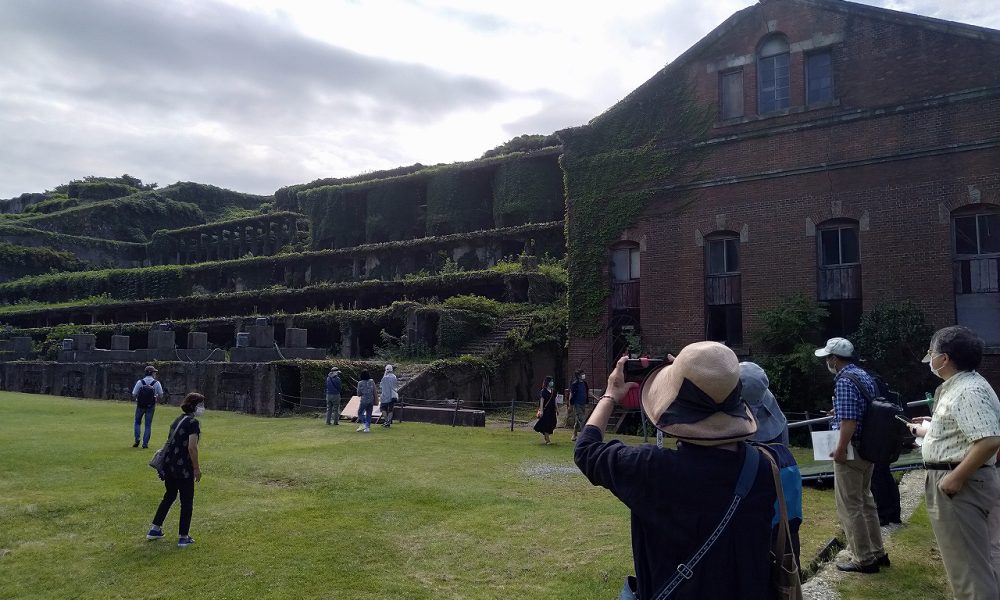
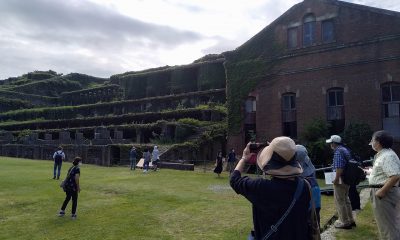

Opponents of the registration wanted only to engage in political grandstanding instead of examining the facts of Koreans' employment conditions in Japan.
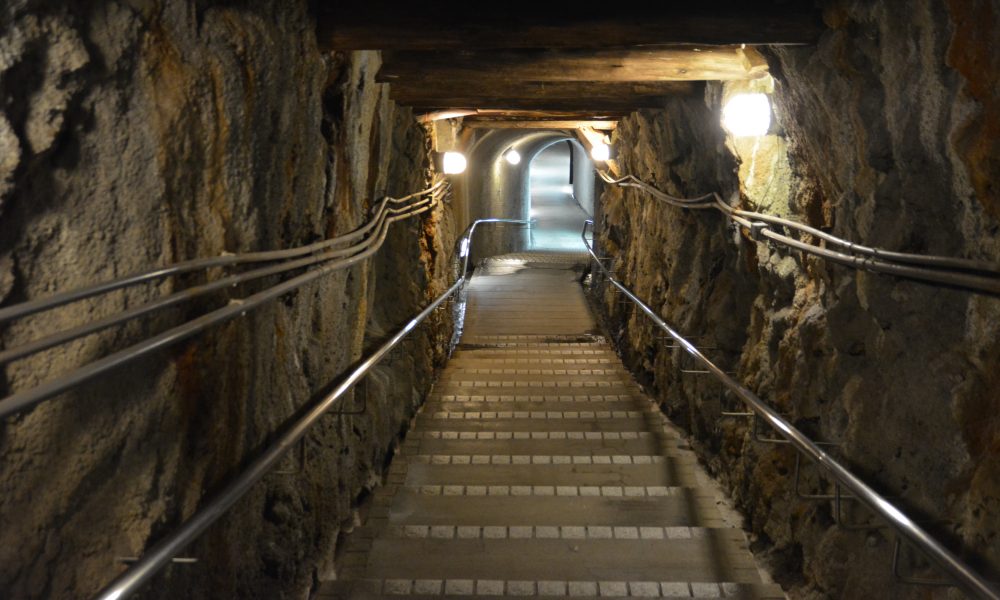
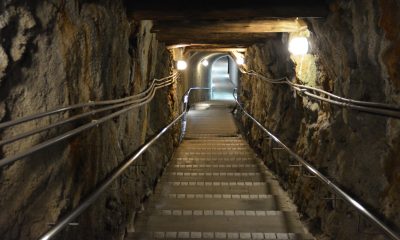

UNESCO has pointed out inadequacies in the nomination documentation submitted by Japan in this cycle. The next opportunity will come two years from now.
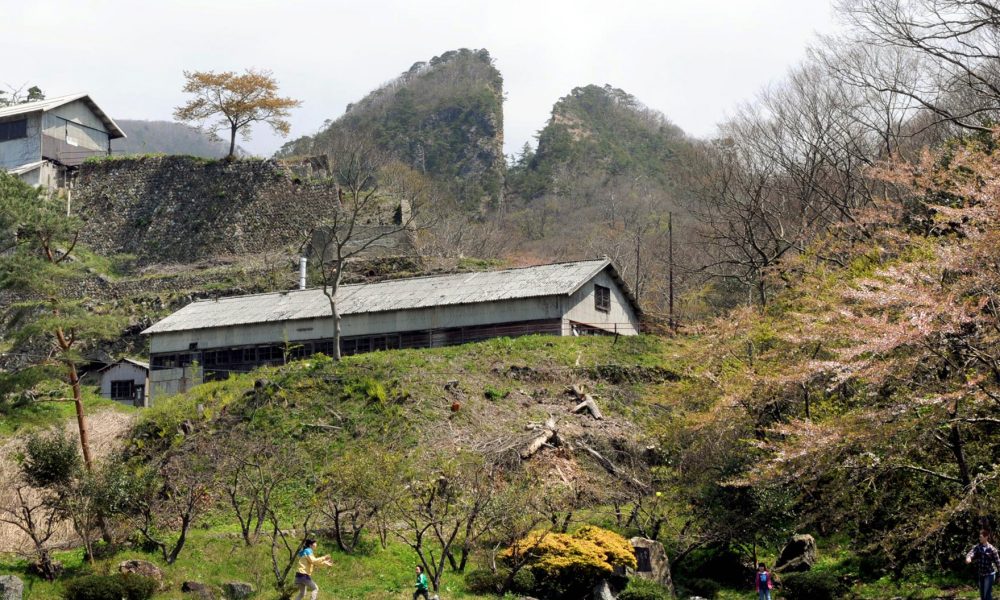
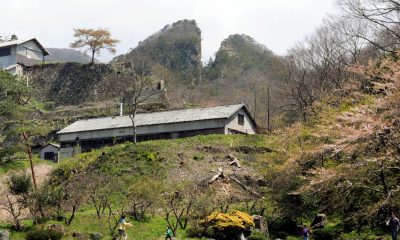

Koreans were attracted to the high wages and fair working conditions at Japan’s Sado Mines, says economic historian Dr Lee Wooyoun. The notion of forced labor...



There was no forced labor. South Koreans volunteered to go to the Japanese home islands in droves for better pay and plentiful job opportunities.
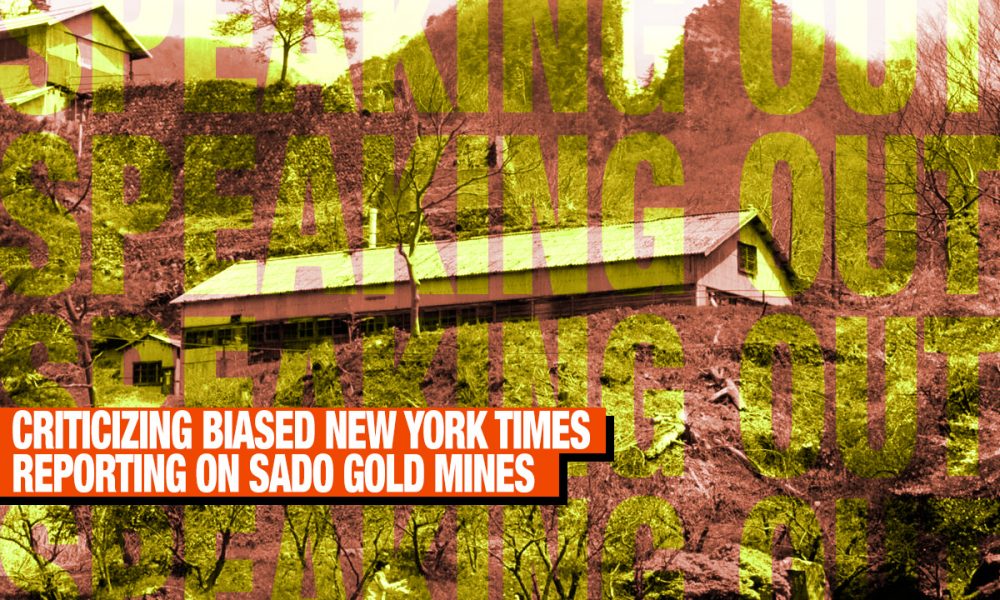
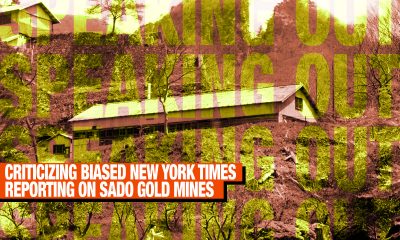

The failure to listen to island residents and experts with contradicting views contributes to one-sided reporting that perpetuates falsehoods and damages bilateral relations.
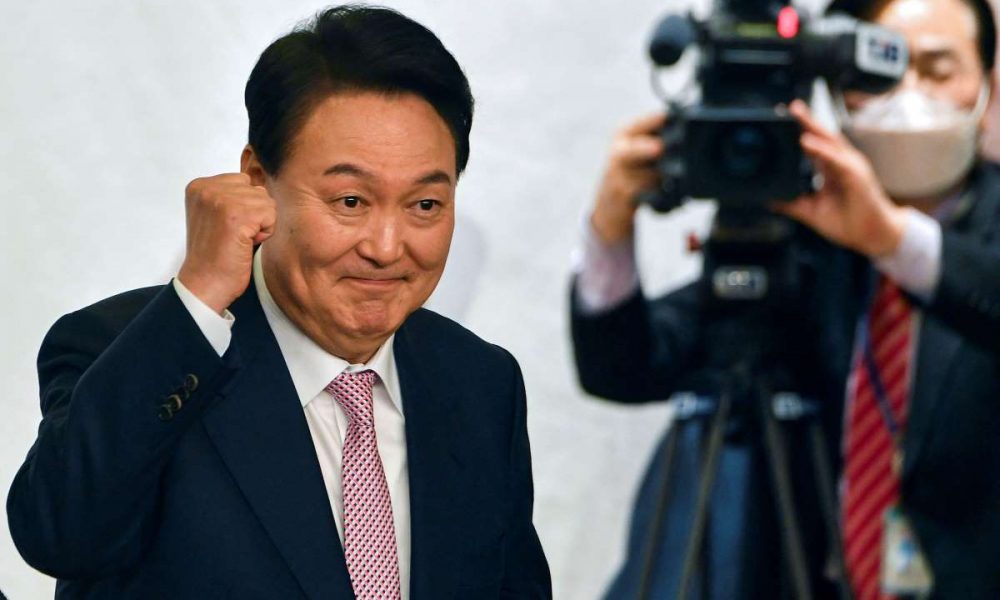
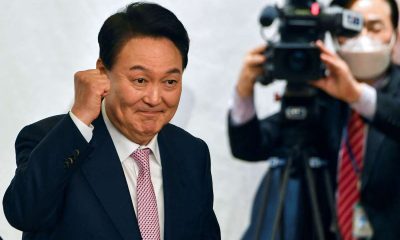

A major policy shift is expected with Yoon Suk-yeol's declaration not to repeat the past mistake of dividing South Koreans between “pro-Japanese” and “anti-Japanese” camps.



Far from being dragged into forced labor, wartime workers from the Korean Peninsula were paid the same as the Japanese, with bonuses and contract renewal incentives.



Japan should not let South Korea’s lies block the World Heritage Site listing of the Tokugawa-era industrial site.